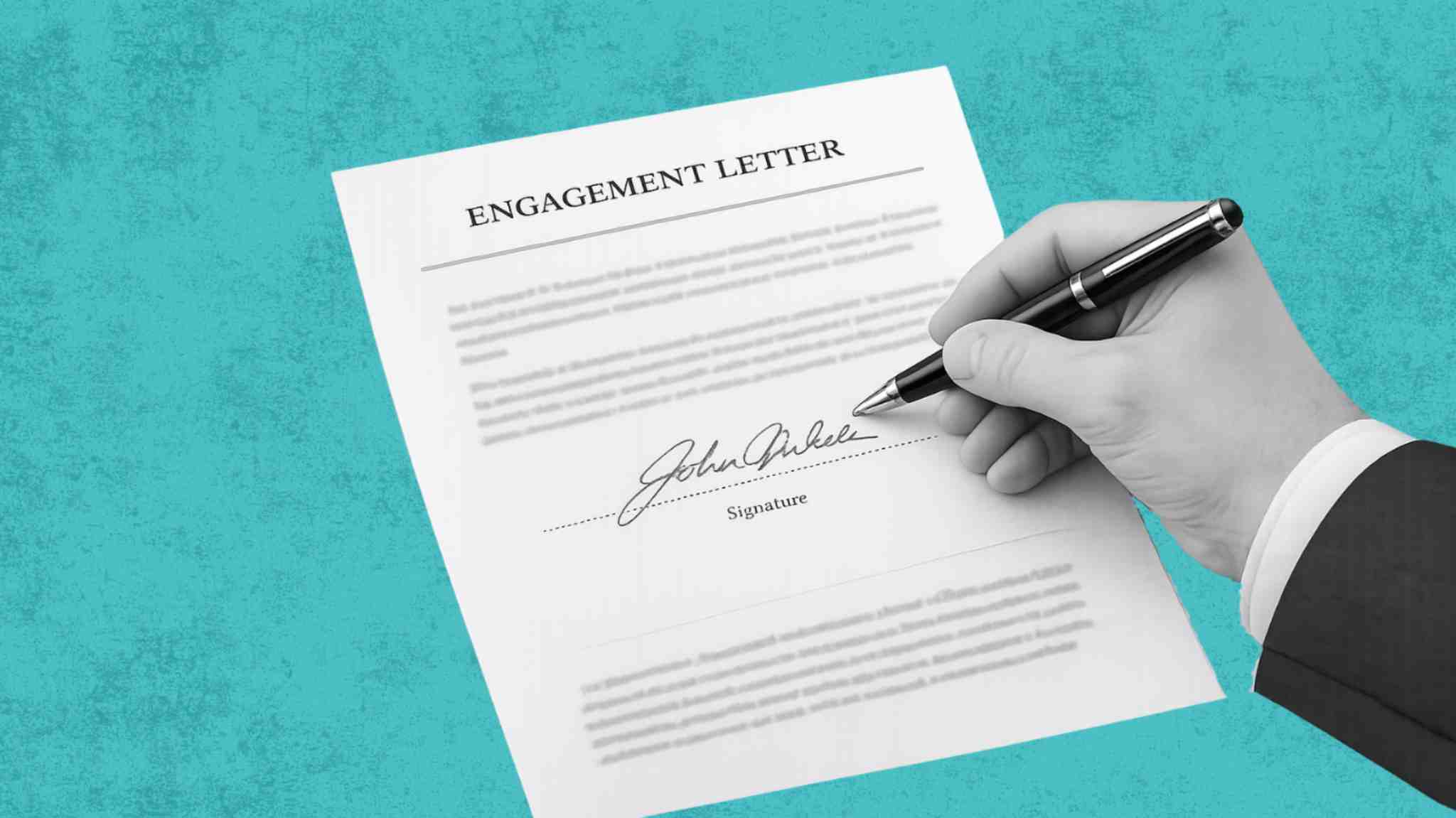3 min read
The Interplay Between the Duty to Maintain Client Confidences and Courthouse Security
A man attempted to rape a county employee inside of a courthouse bathroom. A criminal defendant who was scheduled to appear in court to enter a...
3 min read
 Mark Bassingthwaighte, Risk Manager
:
Updated on November 15, 2023 | Posted on March 9, 2022
Mark Bassingthwaighte, Risk Manager
:
Updated on November 15, 2023 | Posted on March 9, 2022

I won’t keep you waiting and wondering. In my mind, the reason is self-evident. If you ever find yourself having to deal with a malpractice claim and have minimal or no records to defend yourself with, well, suffice it to say, that’s a problem.
How common of a problem is this really?
I will admit that the inability of an insured to provide any file at all or something that even on a good day would have a hard time qualifying as a bare-bones file isn’t commonplace, but it does happen. When it does, we’re often told something along the lines of “I didn’t think maintaining a copy of that file particular was necessary.” Of course, now that a claim has arisen, there is a recognition that it obviously was.
One excuse we sometimes hear is “That client was such a pain. I couldn’t get rid of him fast enough.” Here, one of two things likely happened, both of which are basically the misstep of making the goodbye, good riddance response. The attorney was either completely fed up and the file was given to the client in order to get them out the door as quickly as possible, or the attorney was trying to do everything thing they could do to avoid the discomfort of a confrontational exchange.
I do understand that when faced with a highly agitated client in the office who is demanding the immediate delivery of their file, it can be tempting to just quickly and quietly comply. That certainly is taking the easy way out, and yes, a copy of the file does need to be made available to the departing client, regardless of who made the decision to terminate the relationship. However, the fact that a client is making such a demand is not an acceptable excuse for turning over everything right then and there.
Note that the rules of professional conduct do not state that a file must be immediately turned over upon demand. You are allowed to and should take a reasonable amount of time to review and prepare the file for delivery and make a copy of the file for your records. Just understand that the definition of “reasonable amount of time” is more along the lines of two or three days as opposed to two or three weeks. There should be no game playing here.
Why take the time to do that?
Because even if the quality of your work up to the point of termination was outstanding, you potentially create a significant problem if you fail to maintain your own records. Remember, in these situations you’re often dealing with a problem client, someone who has already expressed dissatisfaction. How do you expect to be able to defend yourself if and when this problem client alleges you were responsible for their eventual misstep when the documentation that the client was properly advised is no longer in your possession?
Yes, the file may eventually be obtained after much effort; but don’t be surprised to learn that when the file is obtained the key documentation you knew would protect you isn’t there. Now you’re into a word against word dispute, and as the attorney responsible for creating the documentation, its absence is going to be problematic. In sum, by giving up control of a file you risk having to deal with unintended consequences later on. Taking the easy way out isn’t necessarily the best way out.
Similar problems can arise when files, or more often limited notes, are turned over after an attorney has handled a small matter as a favor for someone. Even worse is when there is no attempt to create any record at all. A good example of this would be sharing some limited legal advice during conversations with prospective clients or with anyone outside of the office setting. The misstep here is in thinking that because there was no billable time recorded and no formal attorney-client established, there’s no need to keep a record of what occurred.
Think about it this way. There is no such thing as casual legal work or “legal light,” if you will. Legal advice is legal advice, regardless of whether you collect a fee or where or how the advice or service was delivered. To demonstrate the point, attorney-client relationships have been found to have been created by casual conversations in cocktail party settings, conversations on the courthouse steps, and even as a result of speaking at educational events. While you are well-advised to always document your advice and the decision-making process regardless of the person or place involved, all of that may be for naught if you fail to keep a copy of that documentation based upon a misguided assumption regarding the nature of the work (it was a favor) or the nature of the relationship (the work was declined). Doing so is for your own protection.
Even more surprising are the times when attorneys complete the work, feel that a very satisfactory outcome was obtained, and instead of keeping a closed file they make the decision to destroy the file after a short period of time. I hear statements like “This is how we keep storage costs down.” or “If there is no file, the client will have a hard time proving any allegation of malpractice.”
This belief that what doesn’t exist can’t be used against you is woefully misguided. First, you have no idea what the client has been keeping and again, in a word against word dispute, you’re going to be in a very tight spot. In short, if you can’t produce any documentation, it didn’t happen, or it wasn’t said. Taking this further, consider how a jury might look at it. Might not the relatively quick destruction of a file suggest that it was destroyed for a reason? Perhaps there was something to hide? In this day and age where digital storage is downright cheap, keep your files records for a reasonable period of time, which for many will be in the seven-to-ten-year range.

3 min read
A man attempted to rape a county employee inside of a courthouse bathroom. A criminal defendant who was scheduled to appear in court to enter a...

Engagement letters seem to be one of those documents most lawyers intellectually appreciate the value of but often underutilize. This letter simply...

13 min read
On this episode of ALPS In Brief, at the beginning of Lawyer Wellbeing Week and Mental Health Awareness month, Mark sits down with Liesel Brink,...